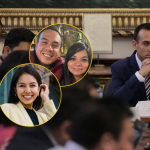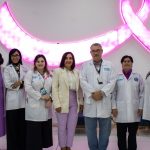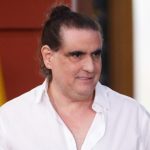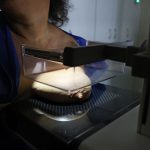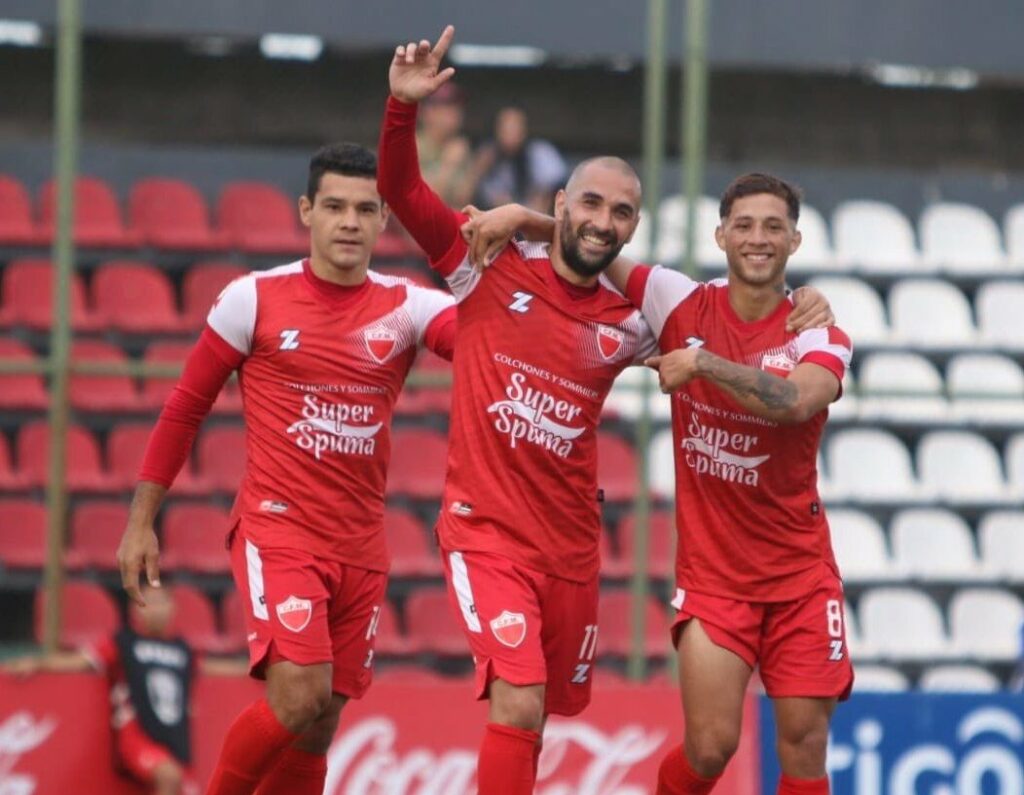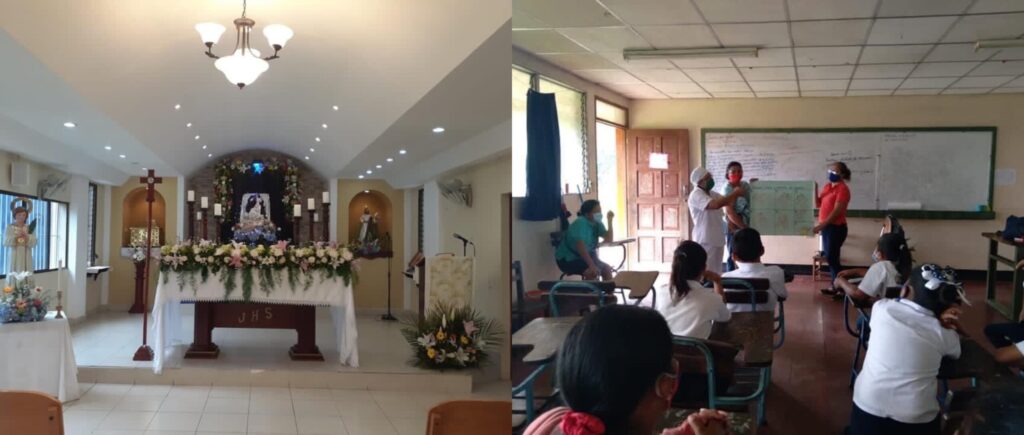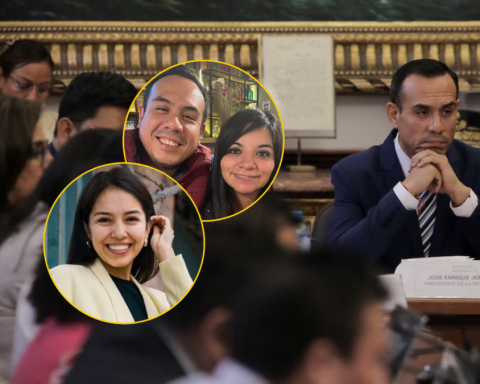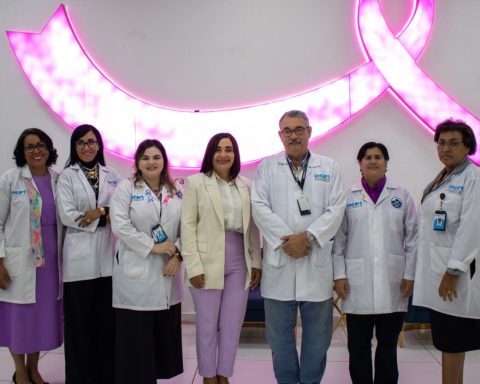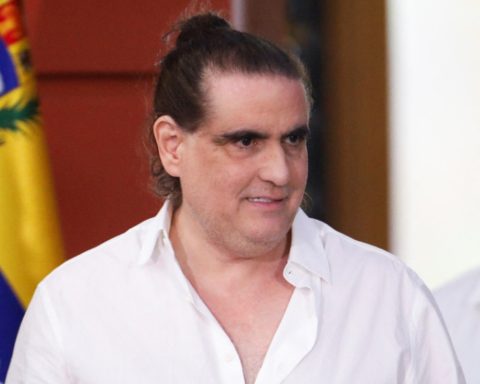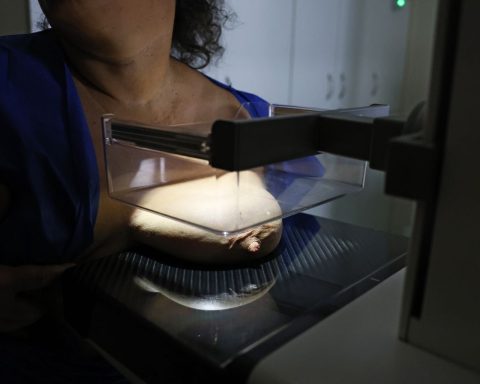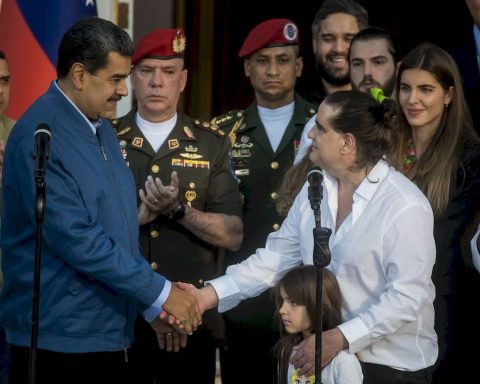Despite the refusal of the unions and groups not to participate in the dialogue at the City of Knowledge, the president of the republic, Laurentino Cortizo, set up the table at around 3:30 in the afternoon. It is unknown if there was any leader present.
According to Cortizo, no one was excluded from the dialogue and anyone who wishes to participate will be received. “This dialogue has no exclusion. The doors of the homeland are open to everyone,” he assured.
Who would also participate in this approach as a mediator is the Archbishop of Panama, Monsignor José Domingo Ulloa, on behalf of the Catholic Church.
“I asked the church, Monsignor Ulloa, to serve as a facilitator in this dialogue process. Why the church? Because it is the institution with the highest credibility in the Republic of Panama,” he said.
Regarding the street closures, the president said that the most affected are the sick, producers and workers, for which he again urged all sectors to sit down and dialogue.
“A cancer patient who has an appointment for chemotherapy needs to get care, as does a child bitten by a snake. The same thing happens with milk producers who are throwing away the product today, who is affected by the fact that a truck with chlorine does not pass through Chiriquí and Bocas del Toro for the street closures, with this I tell you, we need each other. We need a sincere dialogue without a double agenda,” said Cortizo
And he added: “I take this opportunity to request in the most respectful way, you have to be humble, I am tolerant and I firmly believe in a dialogue that seeks the truth. I hope that free transit is allowed. Protests are part of democracies but not harm ourselves.”
He concluded that “At the end of the dialogue there must be only one winner, Panama.”
After Cortizo’s speech was completed in the province of Veraguas, another negotiating table was set up with the National Alliance for the Rights of Peoples (ANADEPO) where the Ombudsman Eduardo Leblanc acts as mediator.
